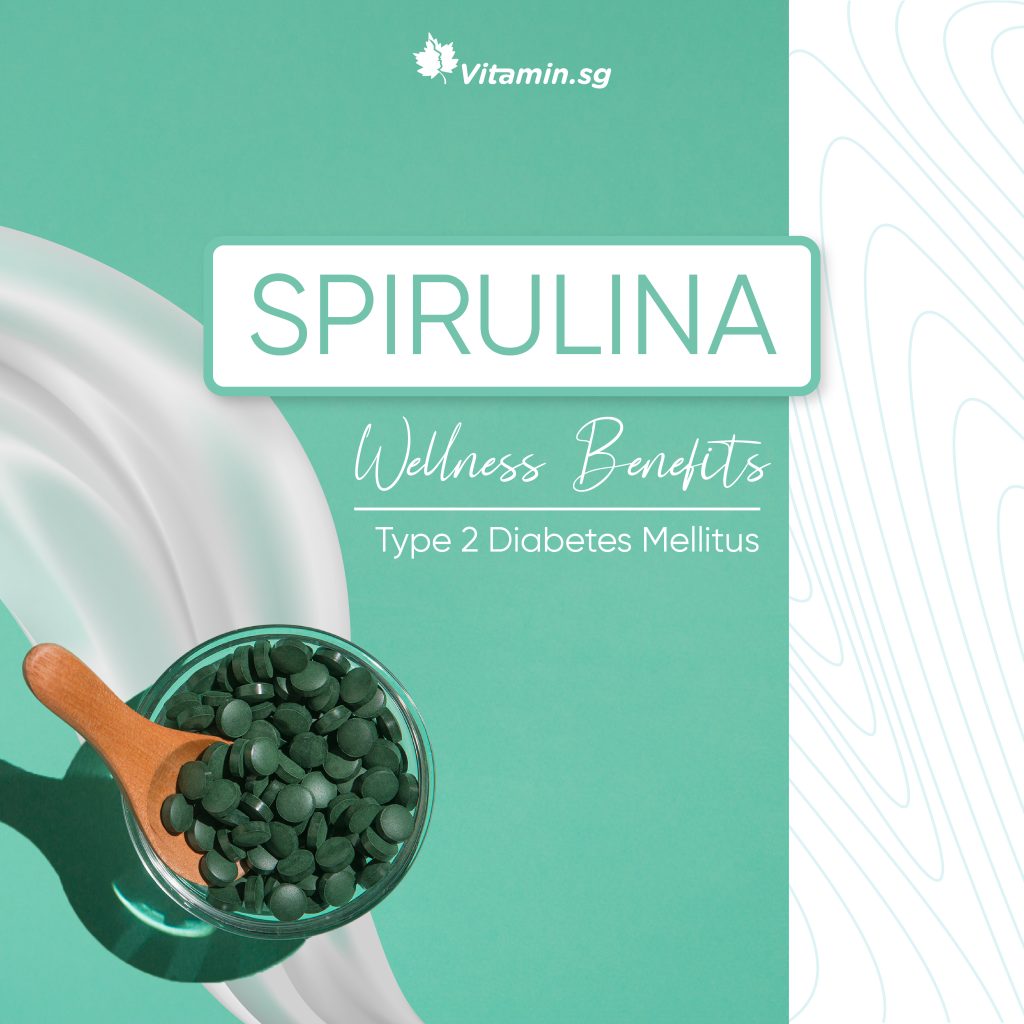Home / Health Blog / Vitamin B2 for Migraines and Cataracts

For those people who suffer from migraines, it is important that they consume more than the daily-recommended allowance for riboflavin. It is suggested that they consume up to 400 mg daily rather than the daily-recommended allowance of 1.2 to 1.7 mg. Because there has not been any toxicity noted for riboflavin, this is safe for an individual. A study on riboflavin and its effect on migraine attacks were performed on 55 migraine sufferers. The study found that when taken for two months, a daily dose of 400 mg could help dramatically with migraine attack relief. The majority of the study’s participants reported that they experienced a 50% decrease or more in their migraine attacks. Although researchers would like to see a longer and larger study performed, it is promising to those who suffer from migraines that they may find relief in their attacks by taking additional riboflavin.Vitamin B2 also assists those individuals who have cataracts. One study that was performed on 3,249 people has shown that those individuals who received a niacin and riboflavin supplement had a significant reduction in their development of cataracts. These individuals were on riboflavin for a period of 6 years. Although these results may not be typical for everyone, it definitely shows that there is potential for people who are suffering from cataracts to utilize riboflavin as a preventative strategy.Riboflavin is a very safe vitamin supplement and because there have not been any toxicities noted with the vitamin, you are able to use it in larger doses. It is important to discuss these larger doses with your doctor prior to starting a new regimen.


